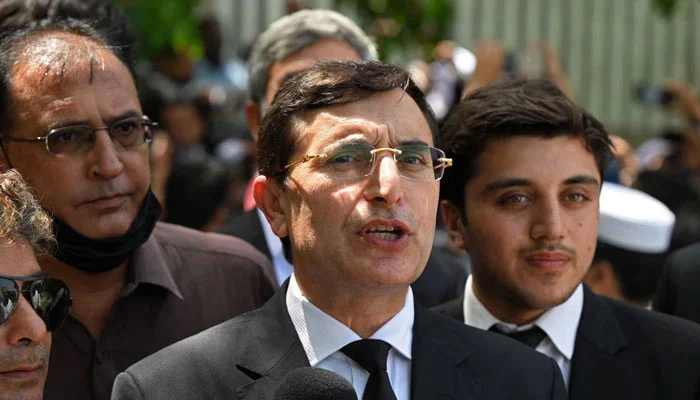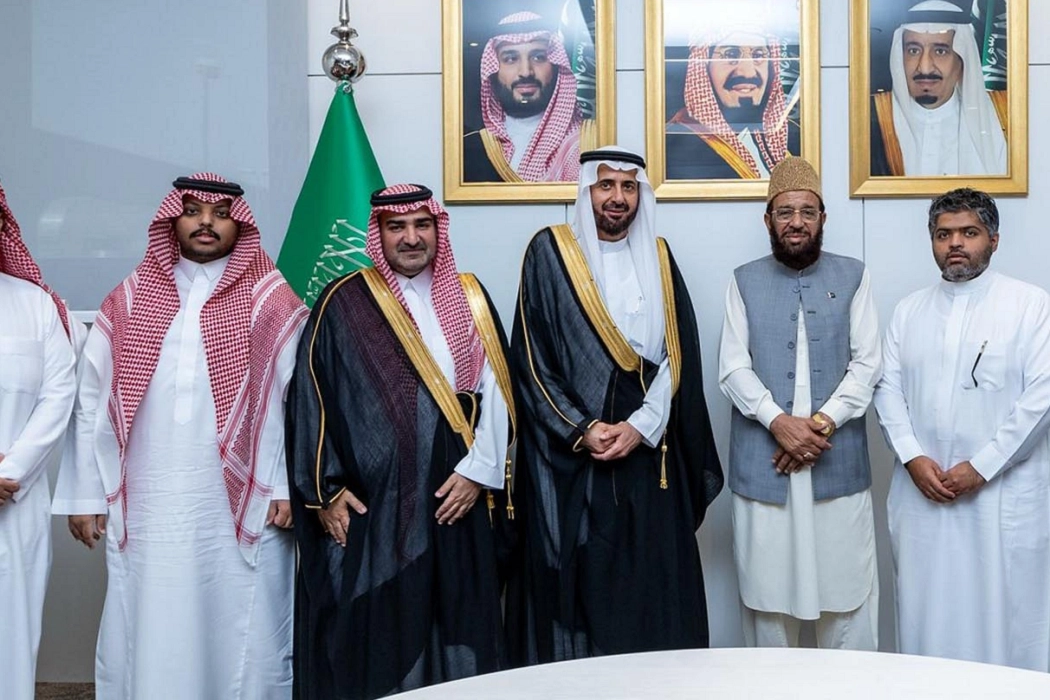Latest News
PTI will petition the SJC to stop the “arbitrary” selection of ad hoc judges.

Latest News
Encouraging Hajj Travelers and Umrah Guests: KSA Guarantees Addressing Problems Pakistani Travelers Face
Latest News
Repatriation of Foreigners: Pakistan Gives Illegal Foreigners Just Five Days to Leave
Latest News
PM and COAS Amir Muqam Are Dedicated To National Security
-

 Latest News2 days ago
Latest News2 days agoBoao Conference 2025: Aurangzeb to Represent Pakistan at Three-Day Forum in China
-

 Latest News2 days ago
Latest News2 days agoSystem for Motorway Police RIFD
-

 Latest News2 days ago
Latest News2 days agoA digital skills initiative has been established to empower women in rural Punjab.
-

 Latest News2 days ago
Latest News2 days agoPakistan is playing a pivotal role in fostering regional peace, according to the Minister.
-

 Business2 days ago
Business2 days agoPEL Ships Transformers to Start US Exports
-

 Latest News2 days ago
Latest News2 days agoBilawal advocates for solidarity to eradicate the politics of animosity.
-

 Latest News2 days ago
Latest News2 days agoPakistan emphasizes the UN resolutions on the Kashmir settlement.
-

 Latest News2 days ago
Latest News2 days ago£190 Million Case Hearing Today: Acting Chief Justice Sardar Sarfaraz and Justice Asif to Preside Over the Case






















 | Funny Videos | Sajjad Jani Official Team
| Funny Videos | Sajjad Jani Official Team